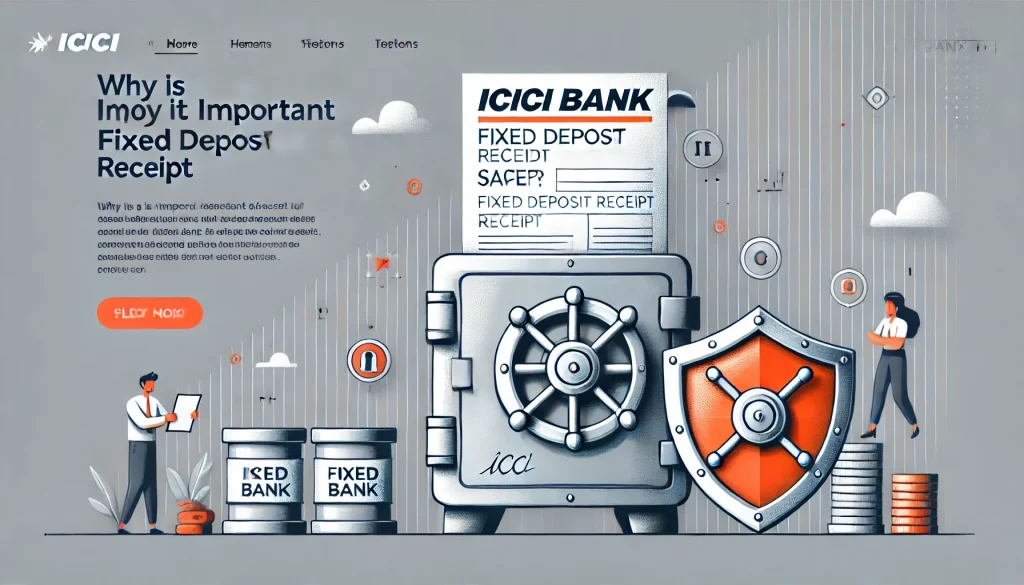
The diverse financial landscape in India offers a wide range of investment opportunities to individuals looking to grow their wealth which is crucial for securing a financially stable future. Understanding the different types of investments available is essential for making informed decisions. In this blog, we will explore various investment options in India and discuss their key features and benefits.
Types of Investments in India
1. Mutual Funds
Mutual funds are a popular investment choice among individuals seeking diversification and professional management. They pool money from multiple investors and invest in a diversified portfolio of stocks, bonds, or other assets. Mutual funds offer different types, such as equity, debt, balanced, and index funds, catering to various risk appetites and investment goals.
2. Fixed Deposits
Fixed deposits, or term deposits, are low-risk investment instruments offered by banks and financial institutions. Investors deposit a lump sum for a fixed period at a predetermined interest rate. Fixed deposits provide stable returns and are ideal for conservative investors seeking capital preservation and regular income.
3. Recurring Deposits
Recurring deposits are similar to fixed deposits but allow investors to contribute a fixed amount regularly over a specified period. These deposits earn interest at the same rate as fixed deposits. They are suitable for individuals who want to save regularly and earn a higher interest rate than traditional savings accounts.
4. Bonds
Bonds are debt instruments issued by governments or corporations to raise capital. Investors who purchase bonds lend money to the issuer in exchange for regular interest payments and the return of the principal amount at maturity. Bonds are considered relatively safe investments and can provide stable income streams.
5. Stocks
Stocks, also known as equities or shares, represent ownership in a company. Investing in stocks allows individuals to participate in a company’s growth and profitability. Stock market investments can generate substantial returns over the long term but are subject to market volatility and require careful analysis and research.
6. PPF (Public Provident Fund)
The Public Provident Fund is a government-backed scheme that encourages long-term savings. It offers attractive interest rates, tax benefits, and a lock-in period of 15 years. PPF is popular for risk-averse investors seeking secure and tax-efficient investment avenues.
7. NPS (National Pension System)
The National Pension System is a voluntary retirement savings scheme regulated by the Pension Fund Regulatory and Development Authority (PFRDA). It aims to provide individuals with regular income during their retirement years. NPS offers various investment options and allows individuals to build a retirement corpus through systematic contributions.
8. ETFs (Exchange-Traded Funds)
Exchange-Traded Funds are investment funds that trade on stock exchanges, representing a basket of securities such as stocks, bonds, or commodities. ETFs offer diversification, liquidity, and cost-effectiveness, making them an attractive investment option for both individual and institutional investors.
9. Gold
Gold has been a traditional investment avenue in India for centuries. It serves as a hedge against inflation and currency fluctuations. Investors can invest in gold through various means, including physical gold, jewellery, exchange-traded funds (ETFs), and sovereign gold bonds.
10. Certificate of Deposits
Certificate of Deposits (CDs) are time deposits offered by banks and financial institutions for a specified period at a fixed interest rate. They provide higher returns than regular fixed deposits and are suitable for individuals with surplus funds looking for short-term investment opportunities.
11. Senior Citizen Savings Scheme
The Senior Citizen Savings Scheme (SCSS) is government-backed exclusively for senior citizens. It offers attractive interest rates, tax benefits, and a lock-in period of five years. SCSS is an excellent option for retirees seeking regular income and capital protection.
12. Real Estate
Investing in real estate involves purchasing properties such as residential houses, commercial buildings, or land to generate income or capital appreciation. Real estate investments can offer stable rental income and long-term wealth creation opportunities.
13. ULIP (Unit Linked Insurance Plan)
Unit Linked Insurance Plans are investment-cum-insurance products that offer a combination of life insurance and investment options. ULIPs allow individuals to invest in various funds based on their risk appetite and financial goals, including equity, debt, or balanced funds.
Which Type of Investment is Best For You?
Choosing the right investment option depends on factors such as risk tolerance, financial goals, investment horizon, and liquidity requirements. It is essential to assess your investment objectives and consult with a financial advisor to determine the most suitable investment option for your specific needs.
Conclusion
The various types of investments in India offer opportunities to grow wealth and achieve financial goals. You can manage risks and maximise returns by diversifying your investments across different asset classes. Stay informed, review your portfolio, and adapt your investment strategy.
FAQs
Disclaimer
This article is solely for educational purposes. Stable Money doesn't take any responsibility for the information or claims made in the blog.


